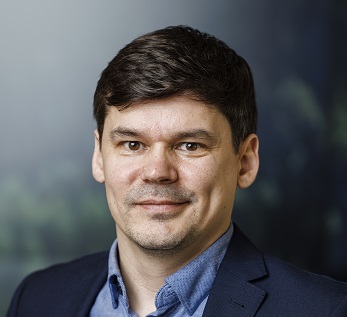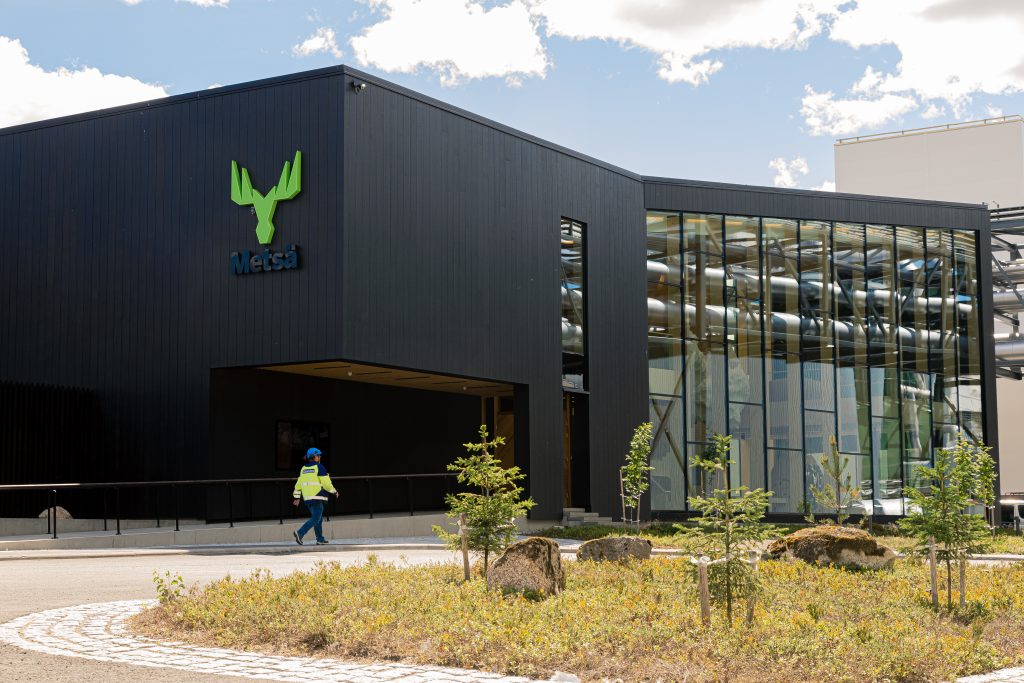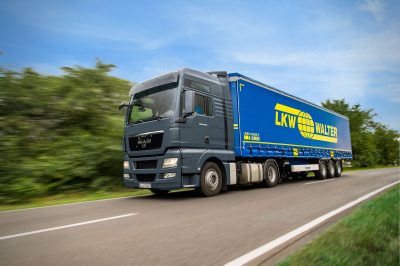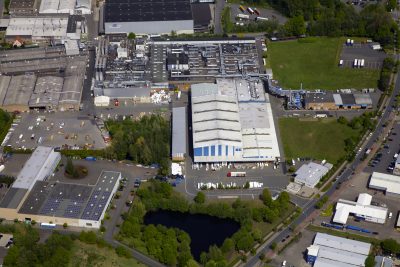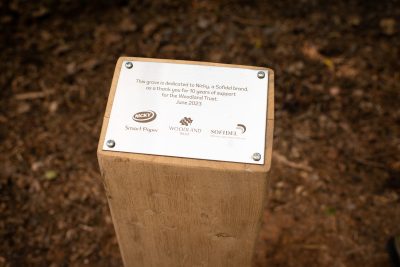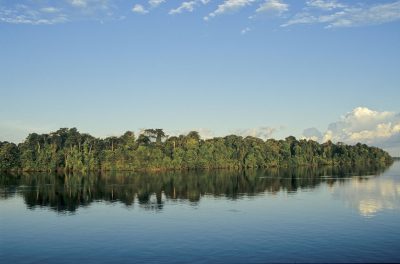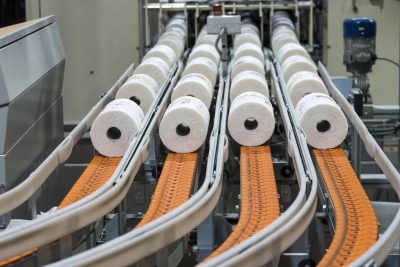Sofidel and Metsä Fibre are building on their long-standing partnership to maximize efficiency and cut out waste
Over the past 50 years, paper use has quadrupled. According to the Environmental Paper Network, the world now uses more than 400 million tons of paper per year globally. All paper begins its life as pulp extracted from trees, meaning that the entire supply chain for paper production depends on natural raw materials. As the demand for paper continues to increase year-on-year, manufacturers must ensure their practices protect the availability these resources.
World leading pulp producer Metsä Fibre – part of Metsä Group, a cooperative of forest owners – is spearheading sustainable pulp production at its plants in Finland and working with Sofidel to pursue ambitious sustainability objectives. The two companies have a long-standing relationship since more than 20 years. “Our strategy is very much directed towards employing the best technologies available for the most efficient production,” explains Maria-Laura Rotatori, sales manager at Metsä Fibre.
In September, Metsä Fibre invited Sofidel to Finland to see first-hand how sustainability is implemented throughout the pulp production supply chain at its unique bioproduct mills. As Sofidel and Metsä Fibre take bold steps towards greater sustainability, innovative closed-loop systems will continue to improve energy and raw material efficiency.
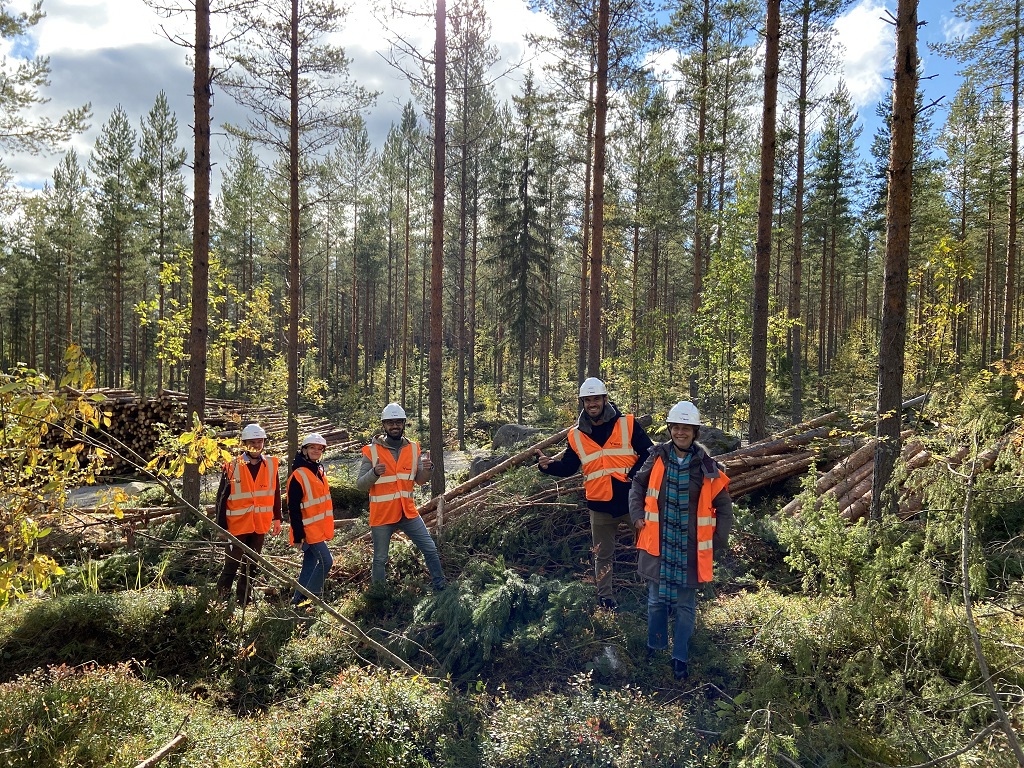
Innovative sustainability
By 2030, Metsä Fibre aims to achieve completely fossil fuel-free pulp production, and the company has a clear road-map for reaching the goal.
“Sustainability is involved in all of the operations and is integrated in the process, from the forest to the end product,” says Marko Ruottinen, sustainability manager at Metsä Fibre. “Whatever we do, sustainability is always included in our actions.”
It starts with resource efficiency. This means carefully managing the use of not only wood but water, energy and biproducts as well. Metsä Fibre’s mill design is based on using 100% of raw materials and enabling side streams to be turned into valuable biochemicals, bioenergy and other bioproducts. “The target is that nothing goes to waste,” explains Ruottinen. “We will utilize all raw materials and operate resource efficiently.” The Äänekoski bioproduct mill, for example, is a world leader in the production of innovative bioproducts, raw material efficiency and energy efficiency.
“Sustainability is involved in all of the operations and is integrated in the process, from the forest to the end product. Whatever we do, sustainability is always included in our actions”
Marko Ruottinen, sustainability manager at Metsä Fibre
Using modern technology, Metsä Fibre’s Finland-based mills already produce more bioenergy than they need, creating a surplus that the company sells to the national grid. In fact, for instance in 2021, Metsä Fibre accounted for 11% of renewable energy produced from renewable sources in Finland.
Annual goals and performance monitoring drive the constant development of Metsä Fibre’s mills. “We are investing in new technology and use the Best Available Technology (BAT) in our mills,” Ruottinen adds. “We want to be the front runner in the industry, with our new mills showing that this is the way to produce pulp.” In Metsä Group we also have Metsä Spring, our Group’s innovation think tank. It has already been the source of pioneering sustainable inventions including the Kuura fibre, an innovative textile product converted from pulp.
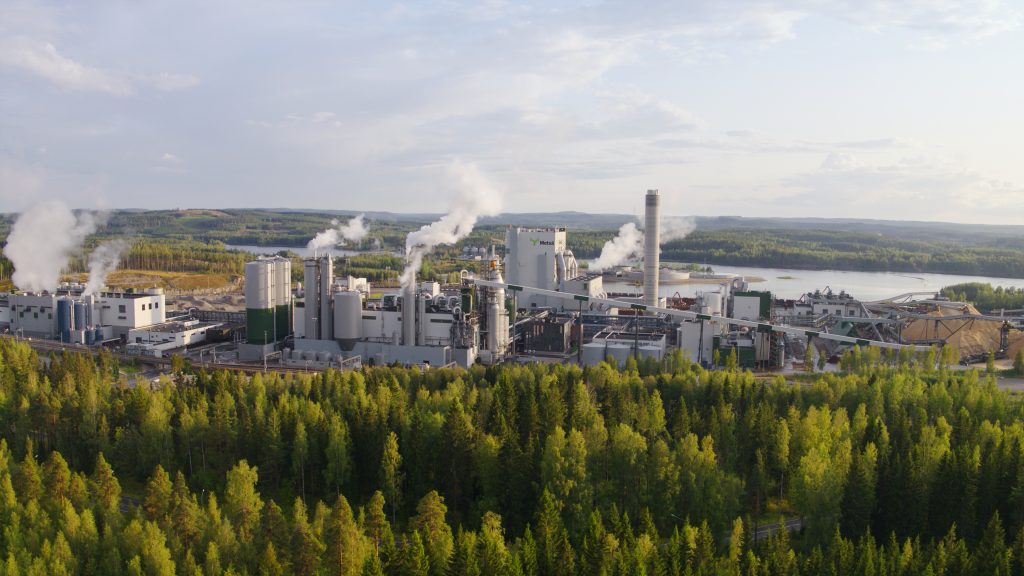
The wood for the trees
More than 75% of Finland’s land area is covered by forest. The forest is the source wood central to pulp production. Metsä Fibre uses Nordic wood from sustainably managed forests. “All our wood is traceable back to the forest,” says Ruottinen. “We have a chain of custody certificates and we know where the wood is coming from.”
“All our wood is traceable back to the forest. We have a chain of custody certificates and we know where the wood is coming from“
Marko Ruottinen, sustainability manager, Metsä Fibre
It isn’t just a matter of responsible sourcing: Metsä Group has the goal to actively promote sustainable forest management and biodiversity. “Our experts help the forest owners in comprehensive wood trade, forest management and nature management services for sustainable forest management ,” adds Ruottinen. After regeneration harvesting forests are always renewed and for every tree that is felled four new ones are planted, ensuring that there is an overall increase in growth compared to the harvested trees. Finland has a long history of sustainable forest management, and the forest growth has exceeded the annual felling by 30% in recent years. In fact, the growing stock in Finnish forests has increased over the last 50 years.
Social responsibility
For Metsä Fibre and Sofidel, sustainability doesn’t only mean protecting the environment. Social responsibility is prioritized as well throughout the supply chain.
“We start from our own people,” says Ruottinen. “Our workers’ wellbeing and safety is the number-one topic in production.” Metsä Fibre also recognizes the role of its mills in the community, he adds: “The mills provide work and income for many people in the rural areas.”
By working with local schools and launching teaching campaigns, Metsä Fibre aims to educate children and young people on what it means to operate a sustainable forest supply chain. This education extends across the stakeholder network, too. Sofidel also visited one of Metsä Fibre’s visitor centers, which are used to demonstrate how Metsä Fibre runs its business to customers and other stakeholders.
“We are very communicative with our stakeholders and with our colleagues,” says Rotatori. “We aim to make them aware of the importance of taking care of our environment and taking care of the forests.”
Future vision
Metsä Fibre continues to work on shaping the future of sustainable pulp production. A new bioproduct mill in Kemi, Finland will more than double the company’s pulp production in Kemi, but will still stay below the emission limits of the current environmental permit of the existing smaller mill.”
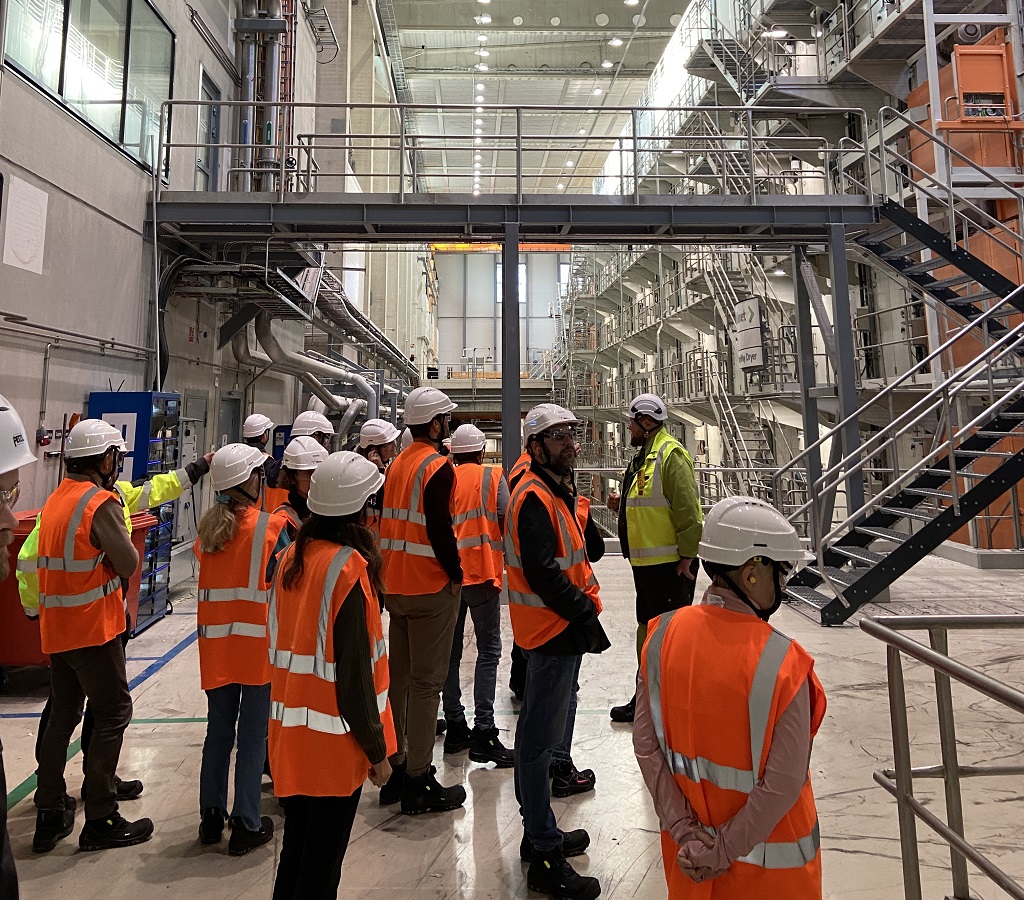
The partnership between Metsä Fibre and Sofidel is a vital asset when it comes to meeting the climate challenge and achieving sustainability objectives.
“If we work together, we can achieve something bigger than only focusing on our own processes, as well as achieve shared sustainability targets” says Ruottinen.
Further details:
For more information on Metsä Fibre, please visit metsagroup.com/metsafibre/.

